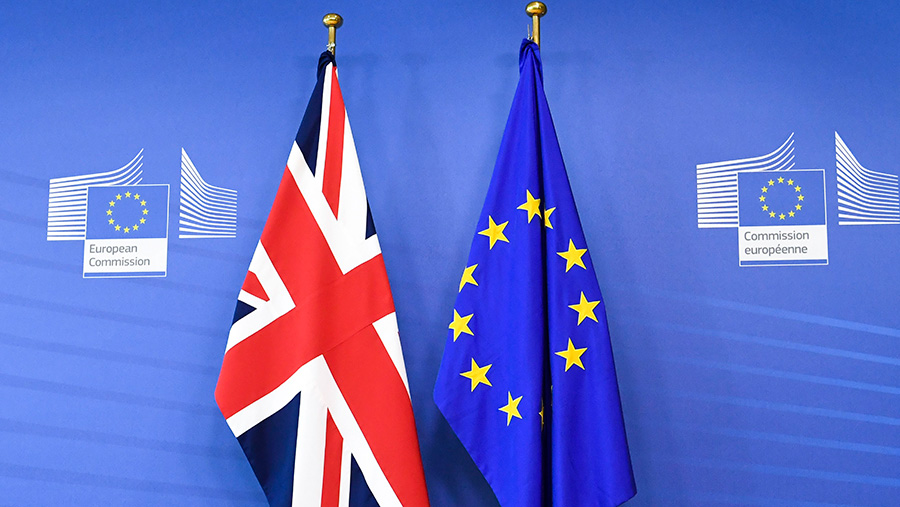Farmers must work with food processors over Brexit
 © Isopix/REX/Shutterstock
© Isopix/REX/Shutterstock The farming industry will need to work more closely with the food supply chain if it wants to secure the best possible post-Brexit deal, a leading agricultural lawyer has warned.
Sian Edmunds, partner at law firm Burges Salmon, said the food sector must join forces and work as one body to tackle the challenges of Brexit.
Fragmented views were already emerging on the key issues and there was a lack of clarity on the best way forward, she said.
See also: Read Farmers Weekly’s latest stories on the EU referendum
“Some groups at the primary end of production are focusing on continued financial support.
“Other bodies are looking primarily at maintaining access to the single market and potential tariffs, while others are focusing on immigration and the impact on labour supply.
The government is going to have so many people shouting at it to prioritise their particular requirements that there is a very real danger the individual groups will be drowned out Sian Edmunds, Burges Salmon
“We must get all of the points addressed in a way that achieves the best solution for the sector as a whole.
“The government is going to have so many people shouting at it to prioritise their particular requirements that there is a very real danger the individual groups will be drowned out,” said Ms Edmunds.
Her comments came in response to a report from the Food and Drink Federation (FDF), which highlighted what it described as the actions needed to keep the food and drink manufacturing sector “competitive and successful”.
More than 70% of FDF members had been in favour of remaining in the UK, so the vote to leave was a major setback for them, said the report.
Concerns include what will happen to nearly 100,000 EU nationals working in the UK food and drink manufacturing sector, which accounts for 27% of workers.
The report also called on the government to negotiate tariff-free market access for key raw food ingredients.
“Our members are committed customers of UK farmers, however they also need to import ingredients that are not produced in the UK or not produced in sufficient quantity to supplement their use of UK ingredients,” it said.
United front
Farming organisations have already acknowledged that it would be best to present a united front to Defra and civil servants in the push for a new agricultural policy framework.
It is understood farm leaders are in fledgling talks to form a coalition of agricultural groups to help meet the challenges of Brexit.
The coalition is likely to involve the NFU, Country Land and Business Association and Tenant Farmer Association, but it possible that the FDF and some environmental organisations will be invited to join too.
